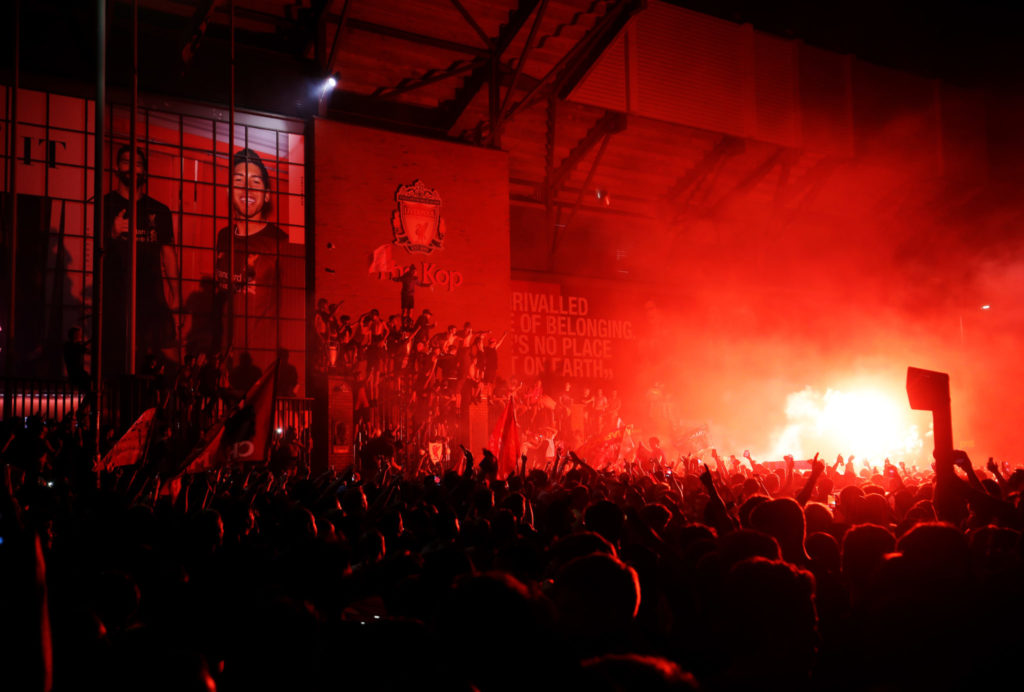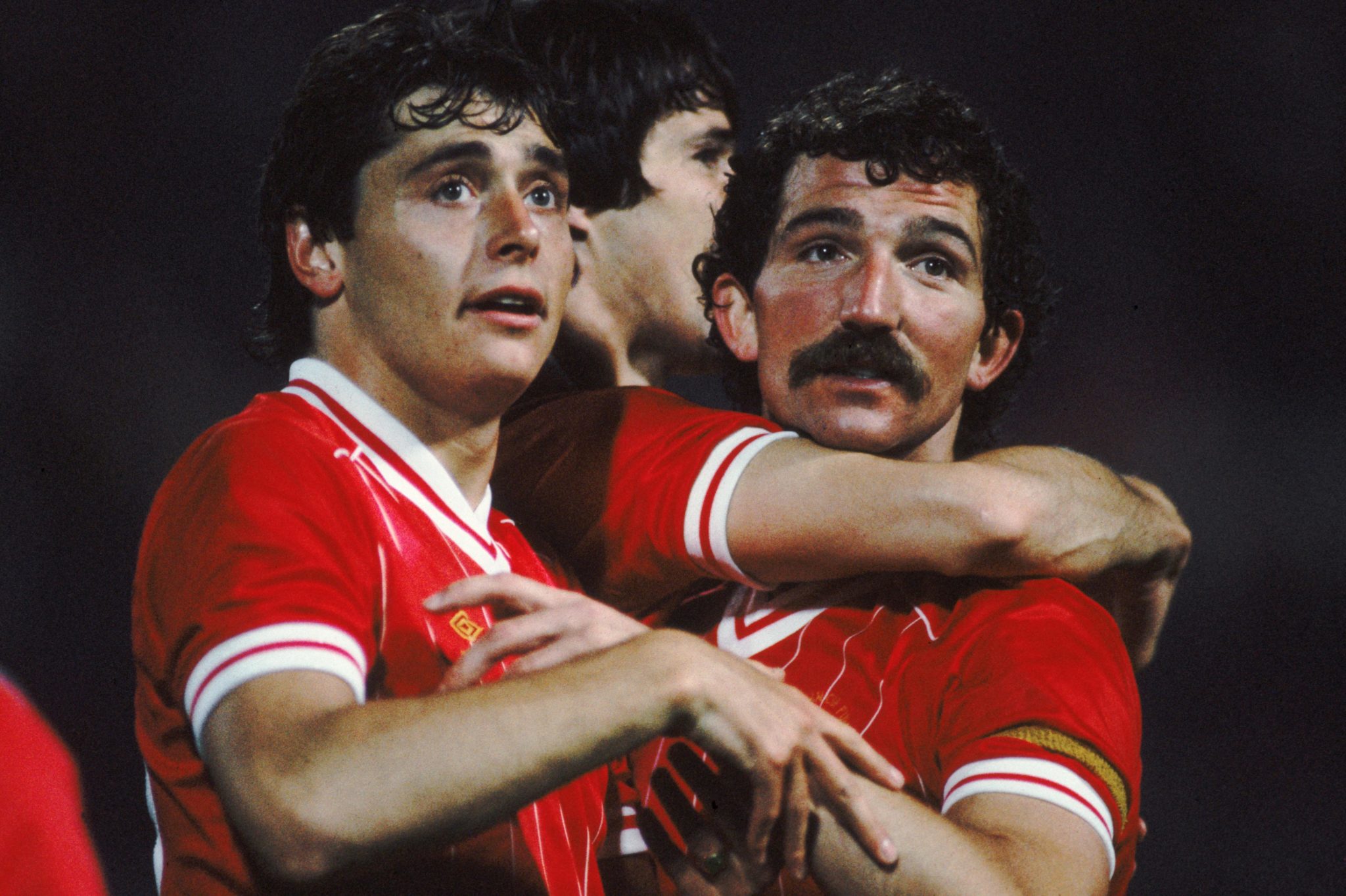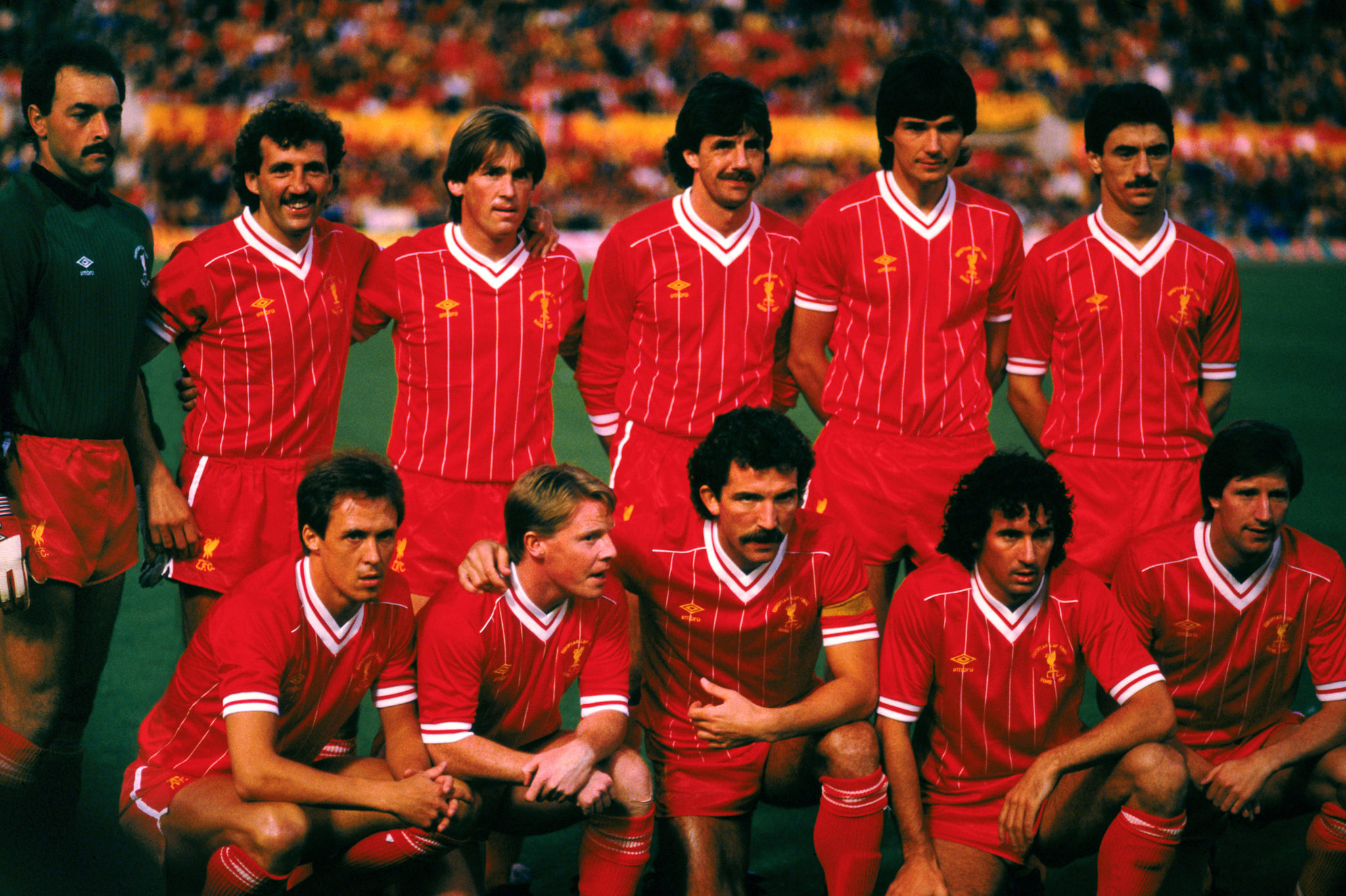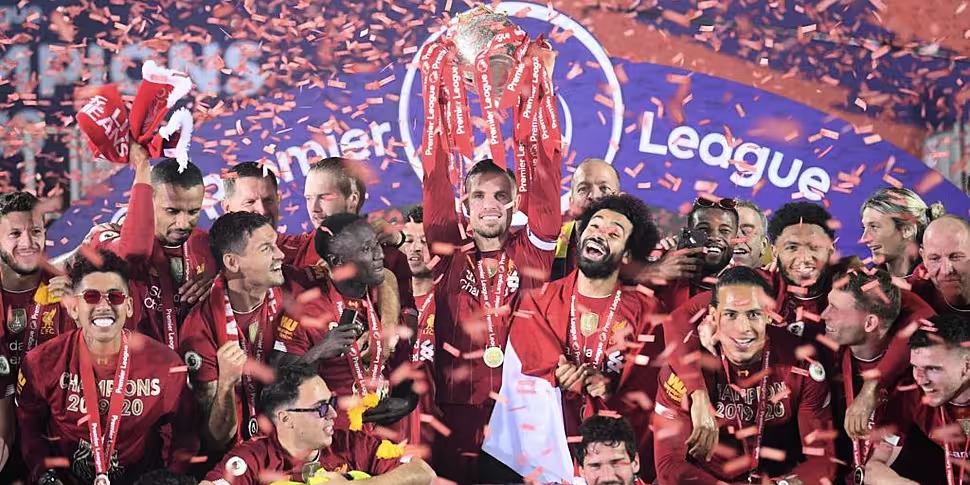In many ways, the Liverpool teams of the 1970s and 1980s were trailblazers for the rest of English football, winning multiple league titles to go with four European Cups during those two decades.
Those sides played scintillating football, blowing many of their contemporaries away and all of this and more is detailed in the BBC documentary The 30-Year Wait that aired on Sunday evening.
While they were excellent football players and athletic for that time period, the players at the club, like many football teams worldwide at the time, enjoyed their time off.
 Liverpool fans let off flares outside Anfield, Liverpool.
Liverpool fans let off flares outside Anfield, Liverpool.At that point, the culture of drinking in football was well established. Global icons of the game like Socrates and Diego Maradona regularly performed extraordinary feats on the pitch after a night of heavy 'socialising.'
Socrates, having led Brazil to a victory over West Germany in Stuttgart, famously reprimanded a journalist who attempted to clear away empty beer bottles from a bar table for an interview, as outlined by journalist Andrew Downie in his biography on the Brazilian great.
"Put them down, I drink when I want to drink. I'm an adult with children. I've already got one father and I don't need another one," the Brazilian quipped.
Liverpool were no different in that regard and when Graeme Souness took the reins at the club in 1992 his attempts to change the player's approach to their fitness left a schism in the dressing room.
 Liverpool's Michael Robinson, Alan Hansen and Graeme Souness celebrate
Liverpool's Michael Robinson, Alan Hansen and Graeme Souness celebrate"They [the hierarchy at the club] said you live your life how you want to live your life. If you want to be hungover, be hungover but you train properly," said John Barnes.
Football has become sanitised in the past two decades.
While the fitness levels of players and the tactical approach to the game have skyrocketed in recent times, and this is to be applauded, there is certainly a feeling that modern players are too protected. They have little in common with the supporters any longer.
Souness' efforts to cull the drinking culture around the team, as well as his insistence on moving on players that had won everything with Liverpool, ended in a loss to Bristol City in the 1994 FA Cup third-round replay and sadness.
The Glaswegian handed in his resignation following that defeat and both Barnes and Mark Lawrenson confirmed that the atmosphere around the club at that point was sour.
"He came to Liverpool and he let one or two players go too early," Lawrenson said.
"It wasn't a nice atmosphere towards the end. It was a very conflicting and confrontational atmosphere," Barnes continued.
"A lot of it became if we lost who is going to get the blame?"
 The Liverpool team group lining up before the European Cup final. BACK ROW, l-r Bruce Grobbelaar, Alan Kennedy, Kenny Dalglish, Mark Lawrenson, Alan Hansen, Ian Rush. FRONT ROW, l-r Phil Neal, Sammy Lee, Graeme Souness, Craig Johnston, Ronnie Whelan.
The Liverpool team group lining up before the European Cup final. BACK ROW, l-r Bruce Grobbelaar, Alan Kennedy, Kenny Dalglish, Mark Lawrenson, Alan Hansen, Ian Rush. FRONT ROW, l-r Phil Neal, Sammy Lee, Graeme Souness, Craig Johnston, Ronnie Whelan.In this regard, perhaps Souness was ahead of his time. This is an interesting thought considering his passion for the old school aspects of the game.
A decade or so later Alex Ferguson and Arsene Wenger were credited for eliminating this side of the game to a degree at their respective clubs.
Both the Manchester United and Arsenal players still socialised but not as regularly as teams had in the past.
Much more emphasis has been placed on fitness and wellbeing since then and while this is a positive for all sports, wouldn't it be nice to pop down to the local and bump into your favourite footballer every now and then?
The 30-Year-Wait also shone a light on the unfortunate reign of Tom Hicks and George Gillett, the rift between Gerard Houllier and Roy Evans, and the revolution the club has undergone since Jurgen Klopp's arrival at Anfield.
Download the brand new OffTheBall App in the Play Store & App Store right now! We've got you covered!
Subscribe to OffTheBall's YouTube channel for more videos, like us on Facebook or follow us on Twitter for the latest sporting news and content.








